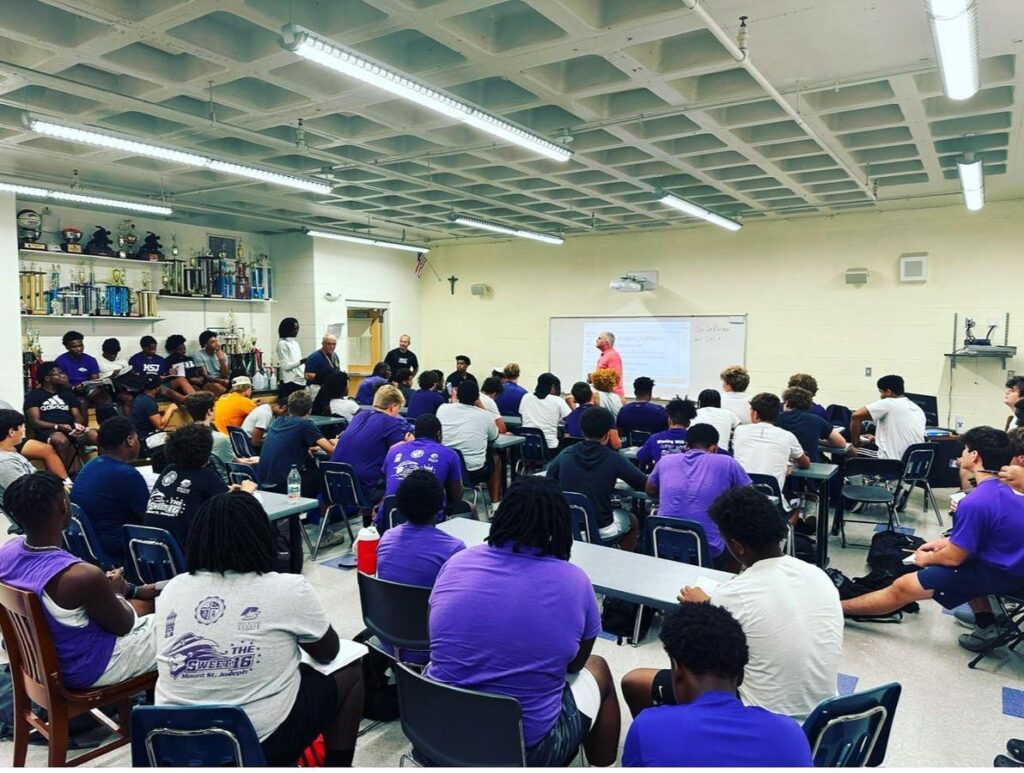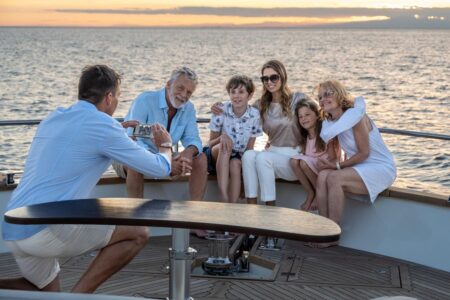In our financial planning practice, much of the work we do is with near retirees who are contemplating when they want to stop working – or at least stop the employment in which they are currently engaged.
Very often this conversation begins as a financial discussion where the focus is on maintaining the quality of daily life, funding healthcare expenses, and not running out of money later in life. But as we delve deeper, non-financial questions surface such as: “what will I do with all that time?” Or “how will I remain relevant?” And “how can I give back some of what I have learned over the years”
During these conversations, anxiety and sometimes fear become palpable and evident. Leaving a decades-long career puts someone face to face with the question of what to do with all their time in this next phase of their life.
Many people search for a less intense way to continue to earn a meaningful income. This can be an elusive goal as re-entering the workforce in another role isn’t always easy, and if work is found, it can quickly escalate to the point where the recent retiree can feel like they are once again a full-time employee.
For others who eschew any return to the workforce, and who are fortunate to have large families, it can be spending more time with grandchildren. Those in this situation can find a lot of joy in life’s wonderful and simple pleasures.
For others, it can be finding a ‘hobby job’ such as becoming a golf starter at a local course or working in a fine dining establishment. Golf club positions may come with healthcare benefits, pro shop discounts, and the highly coveted complimentary tee times. Similarly, if you have a passion for food and wine, studying to be a sommelier or working at a fun gathering place can bring joy.
For those looking for a little bit more of the continuation of their professional trajectory, finding something that combines sharing their lifetime of work knowledge, their passion for helping others, and the thrill of remaining relevant is the holy grail.
Any of these approaches can work, but for the successful executive or entrepreneur, this latter path seems to work well.
For example, Joe LaPietra, a well-respected and successful insurance industry executive, spent decades developing human and emotional intelligence strategies. When his time at the office ended, Joe, now known as ‘Coach Lala’, formed “Mastery of The Mind” a 501c(3) not for profit corporation, where he has positively impacted the lives of thousands of students, athletes, and professionals. He has found a ‘second act’ that brings him joy and a daily purpose. This is the sort of retirement success story we love to hear about!
Once you know you are financially able to stop the full-time grind, and if you are wondering what you will do with all that new time, my suggestion is to approach it with a sense of optimism. Whether it’s Grandkids, a hobby such as golf or food and wine, or sharing some of your life experiences, be sure to make an affirmative and proactive choice with confidence and enthusiasm. You may wind up wishing you did it sooner because as my friend Bob says: “If I knew retirement was this much fun, I never would have worked in the first place”!
Read the full article here















